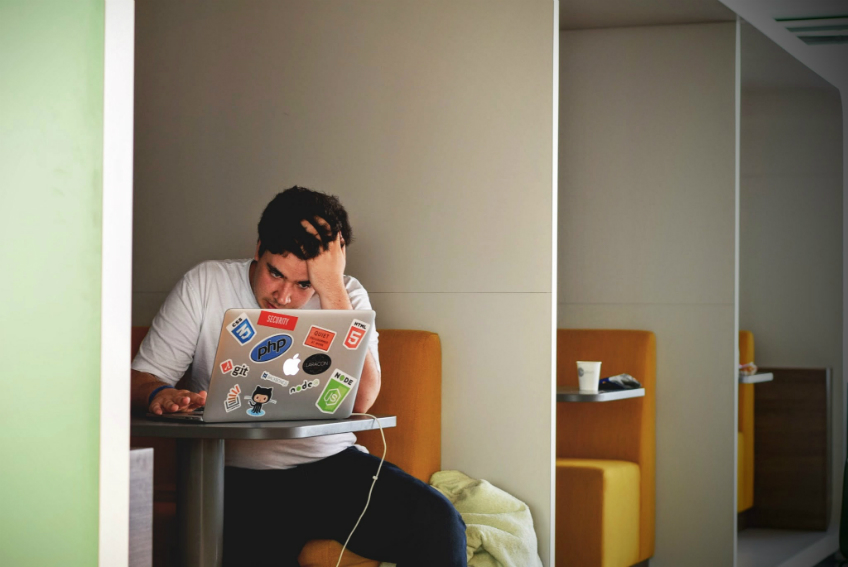
There’s a persistent stereotype of the student who sleeps late and often. But in reality, a majority of students suffer from insomnia at least occasionally. A Nottingham University study found that as many as 2/3 students struggled to sleep properly. A Student Beans survey found that 1/3 students suffer insomnia due to financial worries. Around 30% of the nation suffer from insomnia anyway, but students are subject to several things that can affect sleep. The most notable are physical discomfort, finances, academic pressure and lack of routine.
Tips for Beating Insomnia
Physical Discomfort

This is the first one to fix. If you’re still living in student halls you know doubt know the perils of sharp bedsprings and thin mattresses. You’d be surprised at how many problems relate to simply having a few aches and pains. In this situation the only solution is to invest in a memory foam mattress topper and good bedding.
If you’re coming up for your second year and are looking for student accommodation, pick a good provider such as Mighty House. We routinely furnish our homes with pocket sprung double beds.
Finances

Financial worries may seem insurmountable but they can be dealt with. As a student you can get a wide range of discounts. Your university will likely offer financial support and advice. These services include budgeting help, bursary knowledge. And if necessary, counselling for your worries.
Otherwise, you can get a part time job, and look for services in town.
Academic Pressure

The first thing with this is to ask for help. If there’s a specific issue that’s causing you problems, find out if there are any workshops or courses. Proper academic referencing is a common problem. And it's easily overcome with the right information. If you are struggling more generally, visit your student union. Your Welfare officer can advise you what you can access to help you out.
Most of all, remember that you are only human and that while everyone else may be making it look easy, everyone has their own pressures and experiences.
Routine

Routine is a big problem for students. Part time jobs may ease money worries but be available at odd times. Lectures leave you with a large part of the day free. If you are struggling with sleep it can be tempting to ‘catch up’ in the morning. But this will break your sleep routine and likely leave you more groggy than you were in the first place.
One of the best things you can do is keep ‘office hours’. That is, if you have a lecture at 2, get up at 7 or 8am anyway. Head to the library, work on household chores, or just go for a walk. Getting into good habits will really help.
What about being tired & sleepy all day?
Insomnia can cause disrupted sleep cycles and as a result you might feel tired 24/7. However if you sleep 'well enough' (meaning you do not have sleepless nights) and still feel persistently tired & depressed throughout the day, consider doing some research on Narcolepsy. Symptoms such as excessive tiredness during the day, insomnia, depression & cataplexy (sudden muscular weakness triggered by strong emotions such as laughter, anger and surprise. The loss of muscle tone may range from a just-perceptible weakening of the facial muscles through weakness at the knees, to total collapse on the floor) all suggest that you might be suffering from Narcolepsy. Almost 3 million people in the world have this condition!
Insomnia Statistics:
- The University of Nottingham found that 2 out of 3 students struggled with sleep.
- One in three students suffer insomnia due to financial worries.
- 37% of 20-39 year-olds report short sleep duration.
- People today sleep 20% less than they did 100 years ago.
- More than 30% of the population suffers from insomnia.
- Approximately 35% of insomniacs have a family history of insomnia.
- 90% of people who suffer from depression also experience insomnia.
- 9-21% of women and 24-31% have obstructive sleep apnea.





